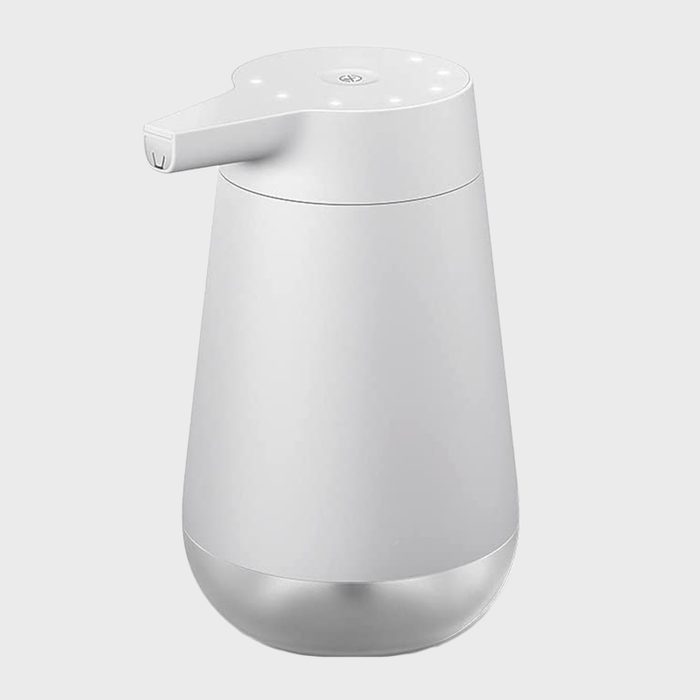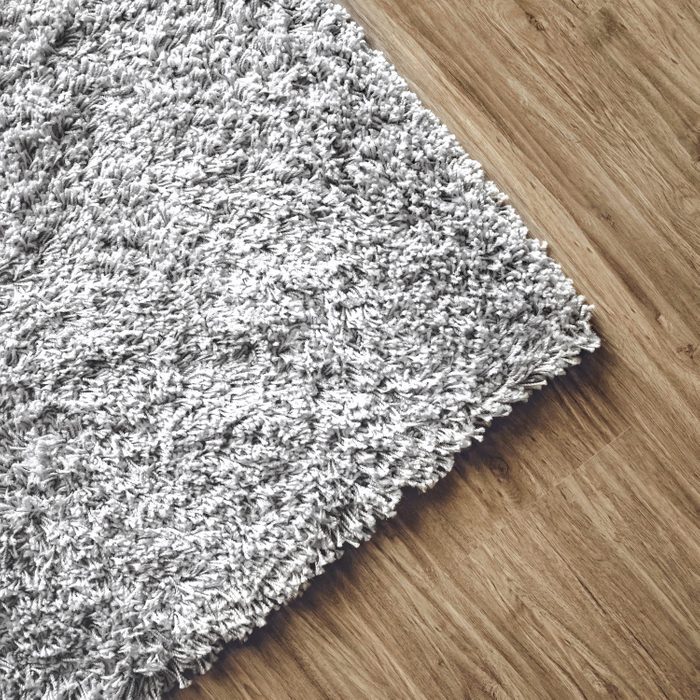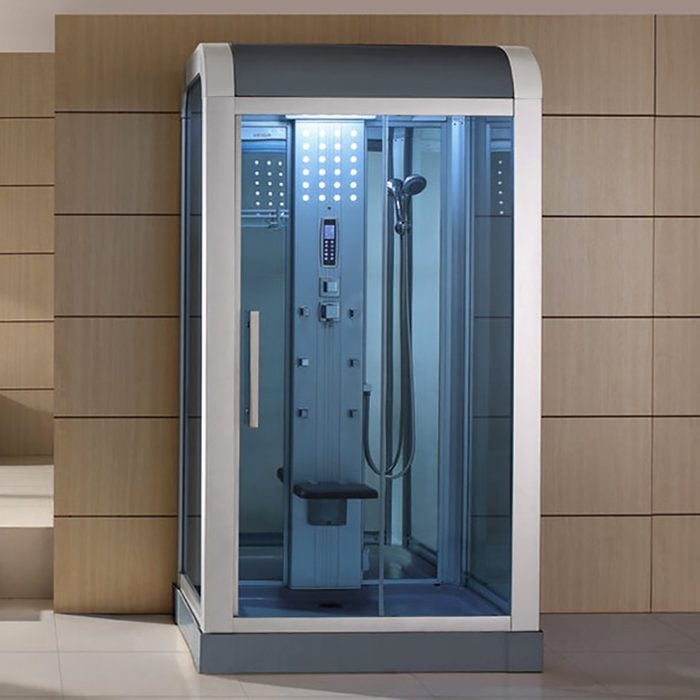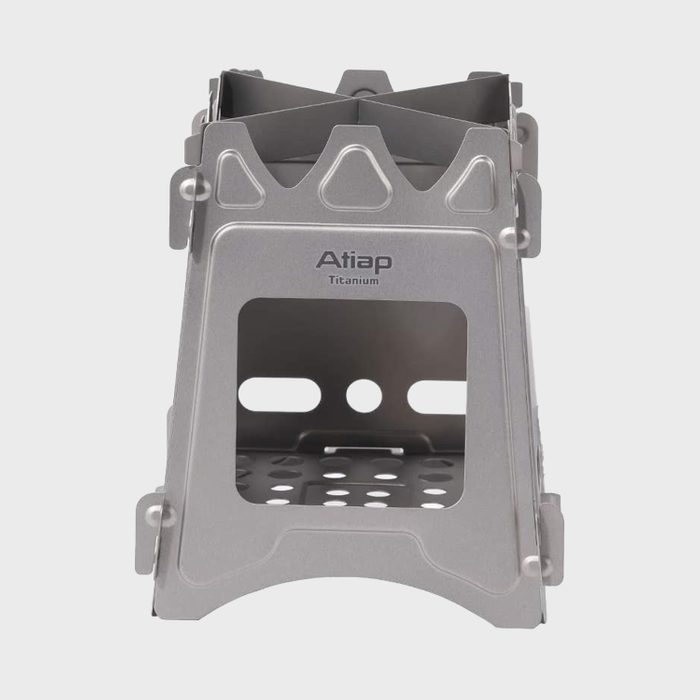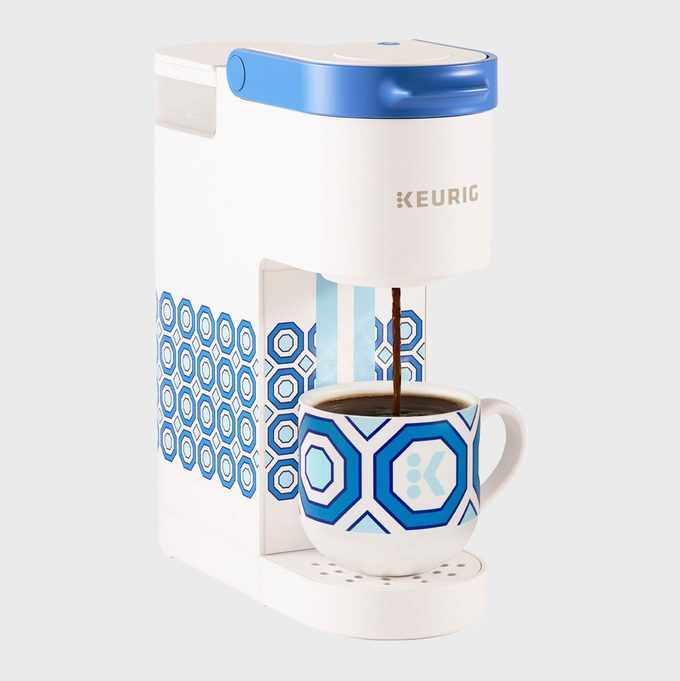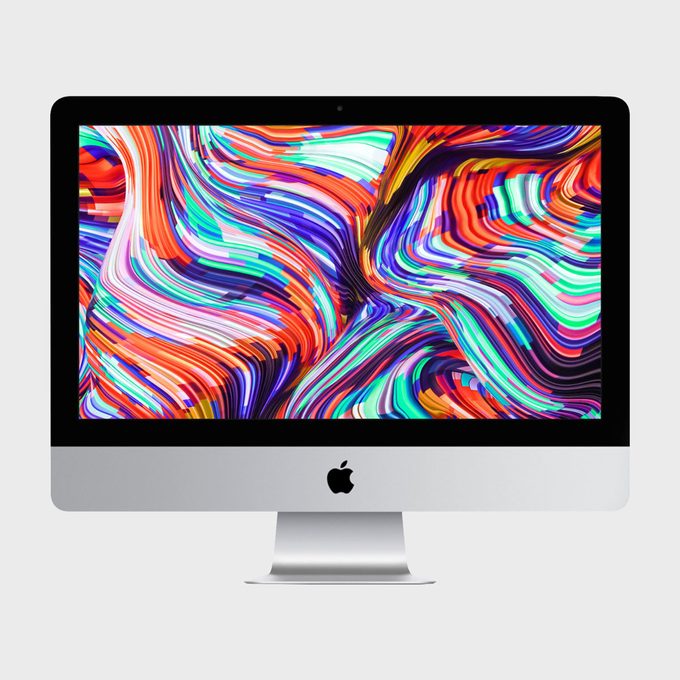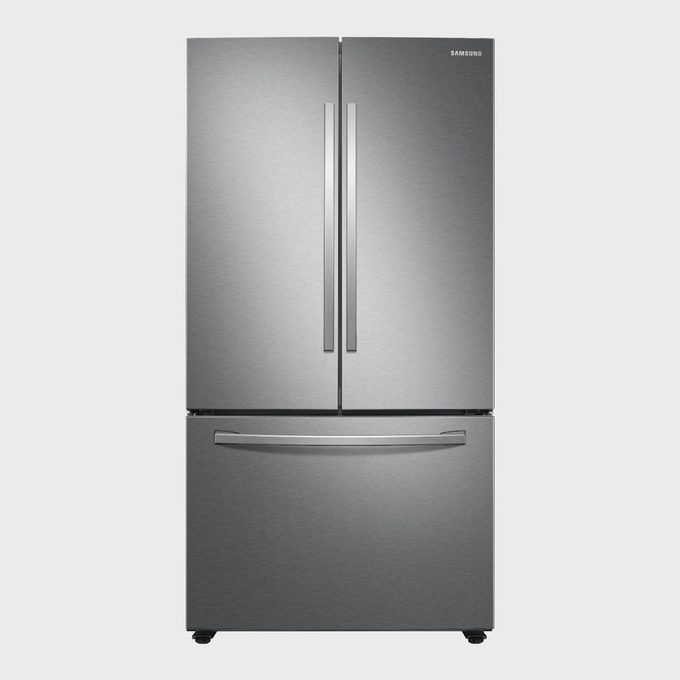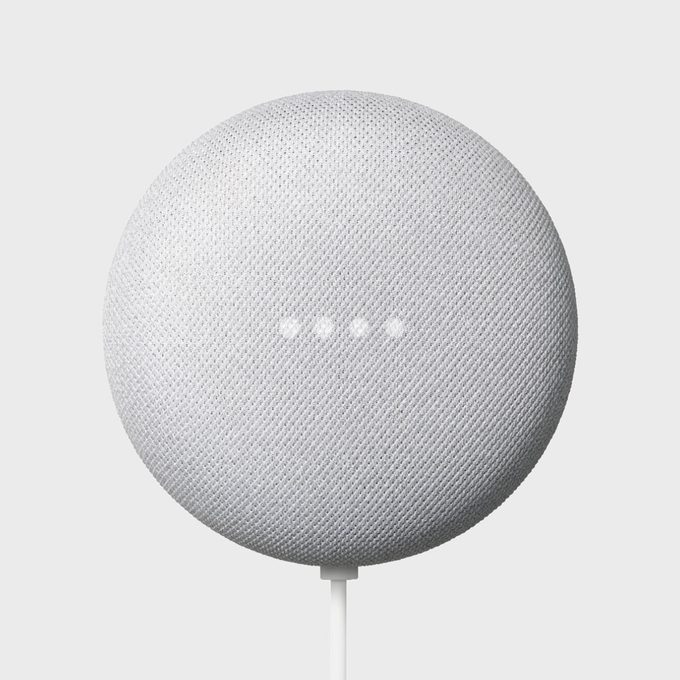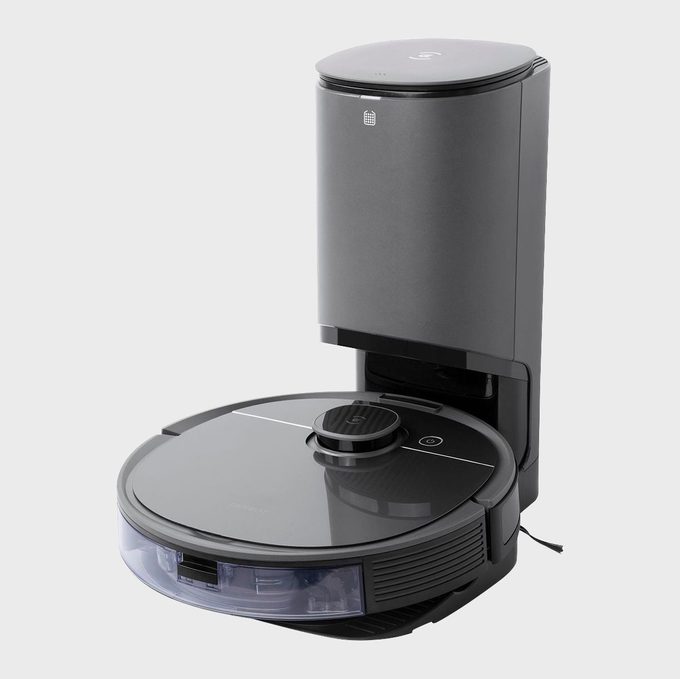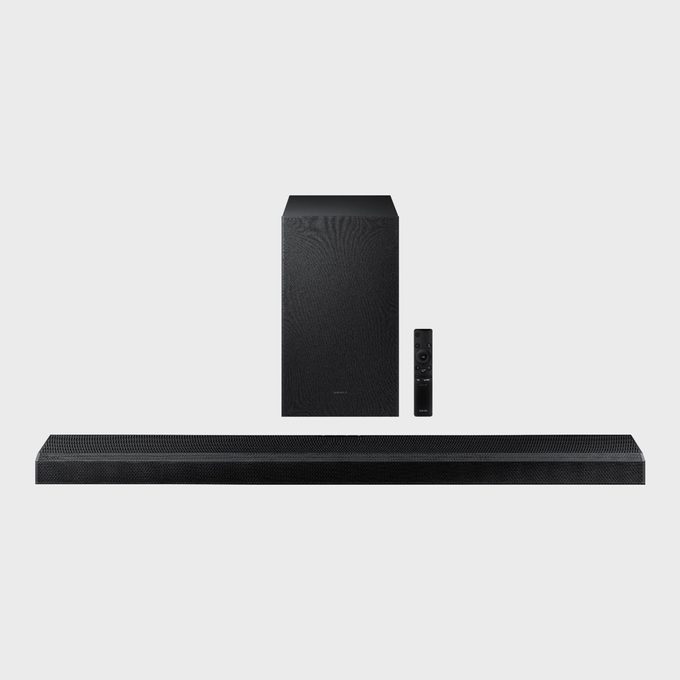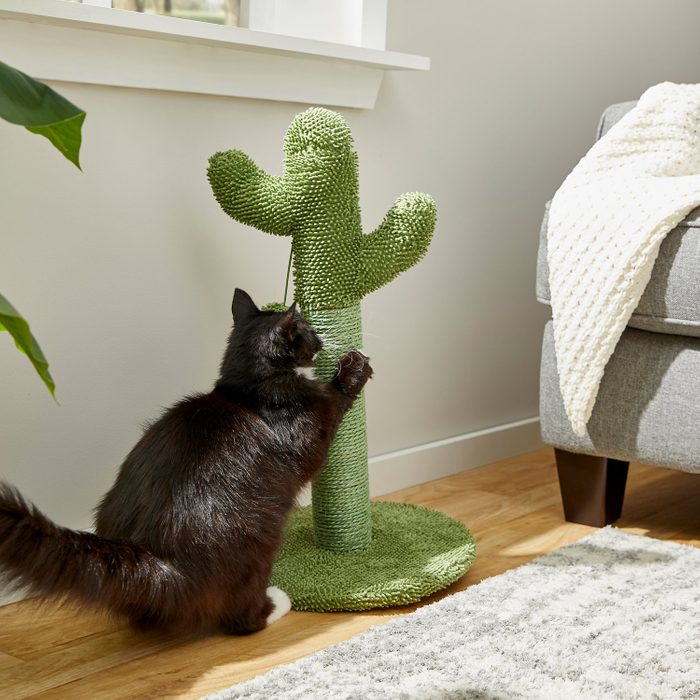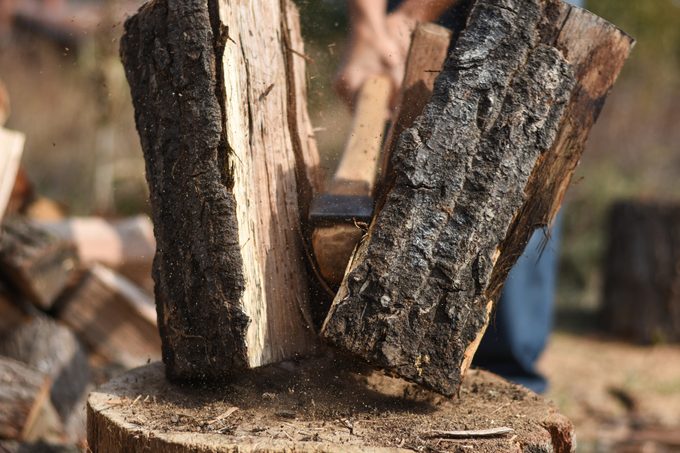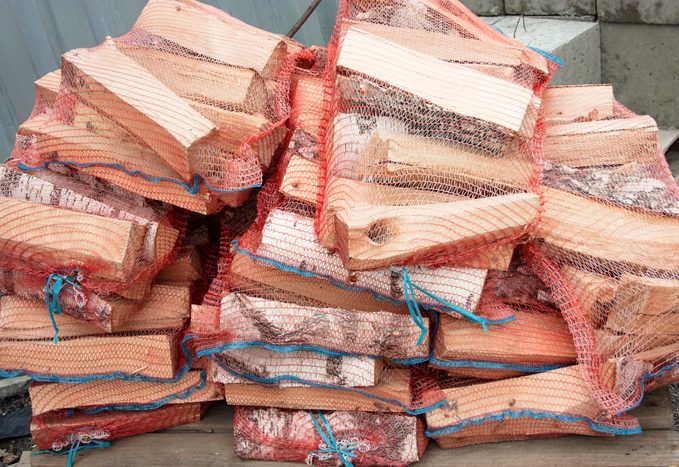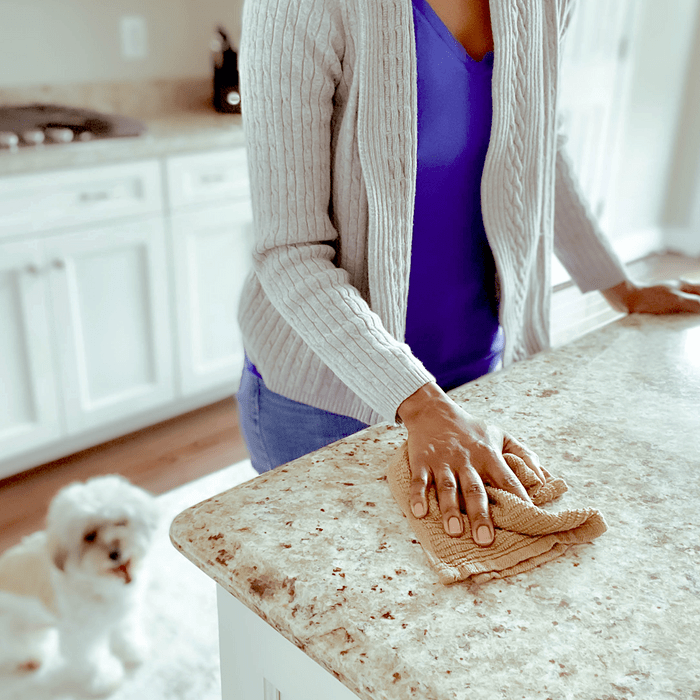
What Cleaning Products Are Unsafe for Dogs and Cats?
From floor cleaners and carpet shampoos to sink scrubs and all-purpose sprays, keeping the house clean requires a full quiver of products. But many of the most common ones may contain ingredients that are dangerous for your pets to ingest, inhale or even absorb through the skin while moving about and licking their paws.
“There are a number of common household cleaning products that contain harmful and potentially life-threatening ingredients,” says Anthea Schick, a veterinary dermatologist.
Toilet bowl cleaners, especially with the kind that stick inside the bowl, often contain bleach and can be a risk for dogs who like to sneak sips from the toilet. Other problematic products include laundry detergent containing sodium lauryl sulfate (SLS), 1,4-dioxane and NPE (nonylphenol ethoxylate). These can cause skin irritation, as well as severe vomiting and diarrhea if swallowed in the concentrated pod form that can look like a toy or treat.
Schick says even products labeled as “natural” aren’t always a safe bet, either, including essential oils, which can irritate airways and even exacerbate asthma. A good rule of thumb: “Don’t let your pets ingest anything you wouldn’t eat!” she says. “Carefully read the labels of everything you use in your home to ensure no harmful ingredients are present.”
Tonya Harris, an award-winning environmental toxin expert and the founder of Slightly Greener, recommends scanning labels and avoiding products with the following ingredients:
-
Ammonia: Can damage the respiratory system.
-
Chlorine bleach: Skin, eye, and throat irritant, corrosive to mucous membranes.
-
Glycol ethers: Propylene glycol, ethylene glycol, diethylene glycol.
-
Benzalkonium chloride: Often found in disinfectants.
-
Fragrances: Individual ingredients are not required to be listed because fragrance is considered to be a trade secret. “Fragrances” may contain ingredients that are allergenic, hormone-disrupting, toxic to the brain and nervous system, or carcinogenic.
-
Phenol: Common in Lysol and PineSol. It can cause liver and kidney damage;
-
Hydrogen peroxide: It causes irritation to the esophagus and stomach lining, induces vomiting and can also cause severe gastritis and ulceration and bleeding.
-
Formaldehyde: Known to cause cancer. Some preservatives, known as formaldehyde-releasers, release formaldehyde slowly into a product over time to extend the shelf life. Look for formaldehyde-releasing ingredients such as DMDM hydantoin, Diazolidinyl urea and Imidazolidinyl urea.
Pet-Safe Cleaning
Even products with none of the above listed on their ingredients can pose some risk to your pets, as labels can be deceiving.
“It’s sometimes hard to know exactly what ingredients are in cleaning products,” Harris says. “That’s because the EPA [Environmental Protection Agency] requires companies to only disclose active disinfecting ingredients and ‘chemicals of known concern’ on their labels.
“The problem here is that there aren’t any testing requirements for most of the chemicals in cleaning products — by the companies or the EPA. And companies aren’t required to disclose their ingredients, because formulations are considered to be proprietary.”
In addition, pets are often curious by nature and may be tempted to sniff, lick or swallow cleaning products they find around the house.
Harris recommends you minimize risk, even with products that appear to be safe, by:
-
Keeping pets away from the room or area you are cleaning;
-
Ensuring the area is well-ventilated;
-
Allowing the surfaces to dry completely before allowing pets back in the room;
-
Storing disinfectants out of pets’ reach.
If your pets do ingest cleaning products, call the ASPCA’s Animal Poison Control Center at (888) 426-4435 and bring them to a vet immediately.
Here are our recommendations for some pet-friendly cleaning products, including DIY suggestions.
Article source here: 10 Cleaning Products That Are Safe for Your Pets

